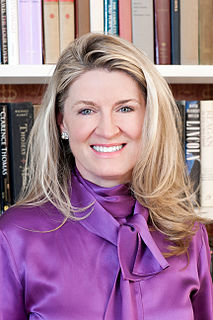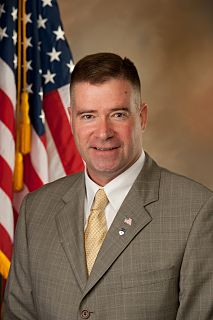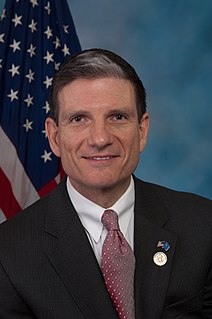A Quote by Gina McCarthy
Proponents of efficiency standards argue that they save consumers and businesses money, reduce energy use, and reduce emissions. But families and businesses already understand how energy costs impact their lives and make decisions accordingly.
Related Quotes
When I look at the many energy-using sectors - such as businesses, households, electricity generators, the transportation sector - I see that the business sector is the one which uses the energy efficiency potential the highest, because they know that using energy more efficiently will also reduce their costs.
It is critical that the world captures every last bit of energy efficiency, if we are to reduce greenhouse gas emissions enough to keep below dangerous rises in temperature. I am pleased that this important new study shows how information and communication technology can play an essential role in saving energy. Now we need more and effective government policies that reward such action and penalize delayed responses.
For just a few dollars a dose, vaccines save lives and help reduce poverty. Unlike medical treatment, they provide a lifetime of protection from deadly and debilitating disease. They are safe and effective. They cut healthcare and treatment costs, reduce the number of hospital visits and ensure healthier children, families and communities.
For just a few dollars a dose, vaccines save lives and help reduce poverty. Unlike medical treatment, they provide a lifetime of protection from deadly and debilitating disease. They are safe and effective. They cut healthcare and treatment costs, reduce the number of hospital visits, and ensure healthier children, families and communities.
Recycling, cutting back on driving, and changing out old light bulbs for energy-efficient ones might save half a ton of carbon a year. A household going car-free, flight-free, and vegan - changes impractical, if not outright impossible, for many families to make - might reduce emissions by four tons a year.
































